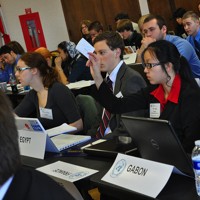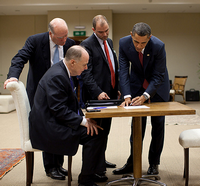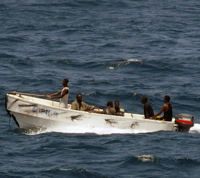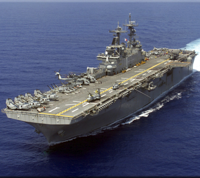
Last week, the Patterson School of Diplomacy and International Commerce, where I am an assistant professor, conducted its annual crisis simulation, which has traditionally attempted to put students in critical decision-making situations under conditions of stress, asymmetric information and lack of sleep. This year’s scenario saw Mexican cartel gunmen attacking the Bellagio Casino in Las Vegas, where Brad Pitt, George Clooney and the rest of the cast of “Ocean’s Eleven” had gathered for a reunion. Unfortunately for Pitt and Clooney, there was no Hollywood ending in the Patterson School’s script — suffice it to say at least Andy Garcia managed […]







